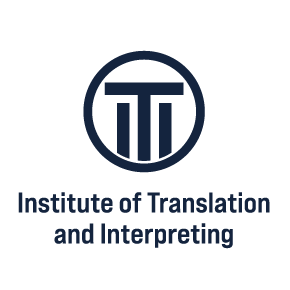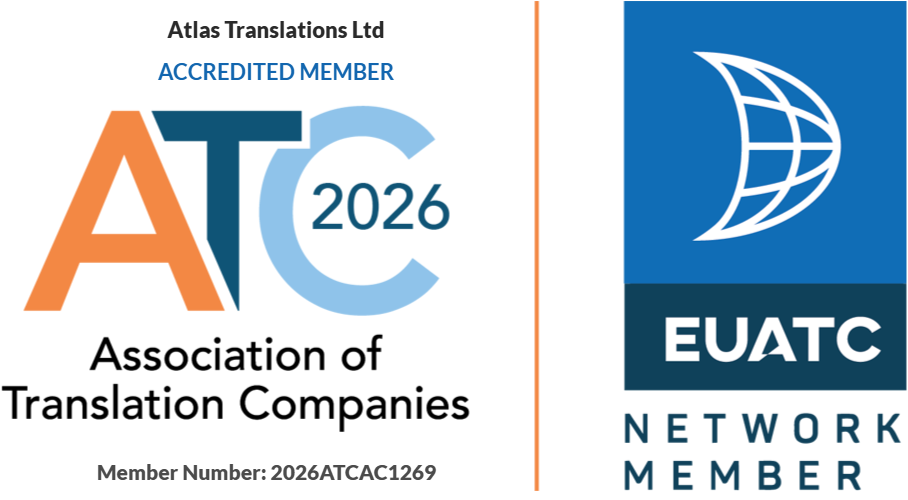10 Top Tips to Help Your Business Get the Most Out of Using Interpreter Services
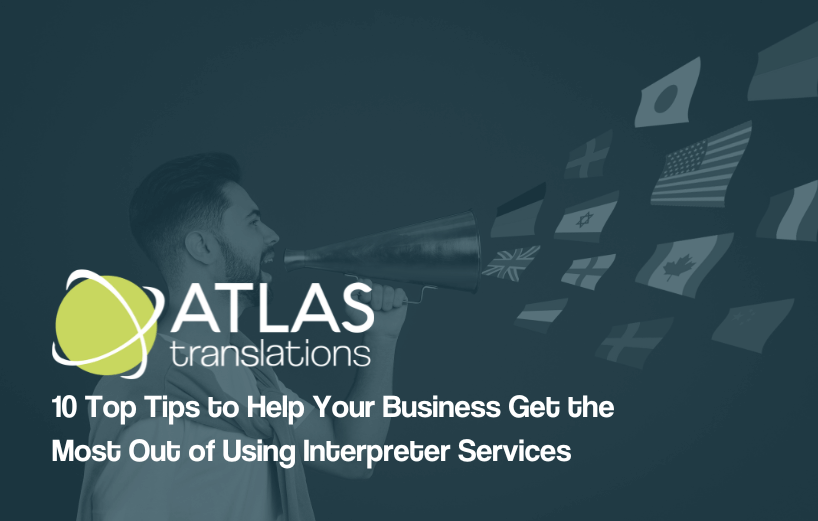
Did you know Atlas Translations offers a range of highly popular interpreting services? Face-to-face interpreting is a self-explanatory service that remains in high demand. Our newer on-demand interpreting service (interpreting by telephone) has skyrocketed in popularity this year. This time last year, we put together a list of 10 top tips to help your business make the most of any interpreting services. Since then, we’ve underestimated just how popular our On-Demand Interpreting services would be, so we’re republishing our handy-dandy list of top tips again—just for you! You’re welcome, we’re just lovely like that! 🥰
Whether you’re the business offering interpreting or the person on the user end of the conversation, we want you to experience smooth and effective communication in any setting. So, from international negotiations to local client meetings, here are some timely tips on getting the most out of your interpreting service.
“If you have a problem, if no one else can help, and if you can find them (it’s not that hard actually, we’re right here!), maybe you can hire (umm, not really a “maybe” situation, as we’re here to help, whenever you need us)…The A-Team.”
Okay, yes, that’s us, The A-Team! So, give us a call on +44 (0)1727 812 725 or send an email to team@atlas-translations.co.uk to learn more about our incredibly helpful On-Demand Interpreting services!
Let’s get started…
1️⃣ Establish Clear Ground Rules
Before the interpreting session begins, set clear ground rules.
This means specifying whether you’d like the interpreter to translate every sentence as spoken or summarise after longer sections. This is especially important in technical meetings where precise communication is crucial.
In a business negotiation, for instance, you might agree that the interpreter pauses after each key point to allow time for clarification and make sure both sides are on the same page.
Example: A manufacturing company working on an international deal with a partner in Japan might instruct the interpreter to clarify specific technical terms and pause for verification before continuing to the next point.
2️⃣ Provide Reference Materials Ahead of Time
Business meetings often include industry-specific jargon and complex concepts (yay!🎉)
To avoid confusion, provide your interpreter with relevant materials, such as product manuals, meeting agendas, or industry glossaries. This allows them to familiarise themselves with key terms and better understand your company’s unique context.
Example: The marketing team at a pharmaceutical company might provide the interpreter with a list of drug names and medical terms before the product launch interpretation discussion to make sure of complete accuracy in translation.
3️⃣ Share Scripts or Speeches in Advance
If your business presentation includes a prepared speech, try to give the interpreter a copy in advance.
This will enable them to understand the flow and any critical messages you’re trying to communicate. Sharing documents in advance will help get more fluid and accurate interpretations during the event. It also helps the interpreter anticipate complex or technical sections, guarding against interpretational hiccups (sounds a bit fancy…🧐).
Example: A tech start-up presenting a pitch to a group of international investors might provide their script to the interpreter beforehand. This way, the interpreter will be sure to convey the exciting and innovative aspects of the tech start-up product accurately.
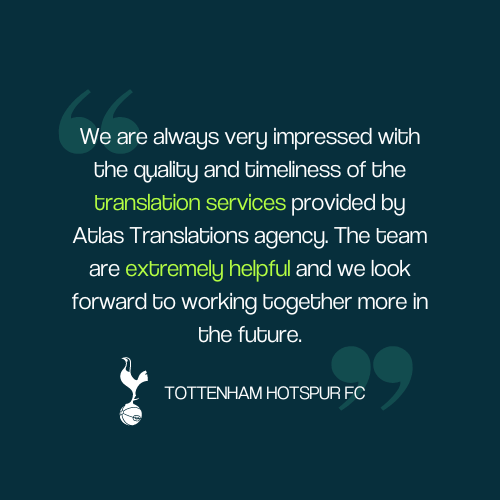
4️⃣ Engage Directly With Your Counterparts
Interpreters are there to facilitate, but the connection should still be between you and the other party.
Maintain eye contact and direct your comments to the person or persons you’re communicating with, not the interpreter. This strengthens relationships and makes sure the other party feels respected and valued. It can also help the interpreter if you’re not looking directly at them while they interpret. Sort of like that weird moment at the dentist’s when you make eye contact with them as they’re elbow-deep inside your mouth. Awkward.
Example: During a merger negotiation, a business executive can build trust by looking directly at their foreign counterpart while speaking, despite the language barrier. This creates a more personal connection, with the interpreter supporting the conversation seamlessly.
5️⃣ Be Cautious With Humour
Humour, especially in business, is tricky to interpret and may not land well with all cultures.
If you feel the need to use humour, try not to. Quite honestly, none of us are half as funny as we think we are*. If you really feel strongly about using humour, please consult your interpreter first to check if it will work with the audience or if there’s an alternative approach. Misunderstood humour could unintentionally damage professional relationships and images.
Example: A CEO giving a keynote speech to an international audience comes up with a banger of an opening line but decides to run it past the interpreter first. Understanding the humour but also aware that it won’t translate as intended, they advise against the opening line and give the CEO alternative, culturally appropriate options.
(*except for the Atlas Marketing and Content team; we’re pretty hilarious, tbh)
6️⃣ Manage Your Time Wisely
Interpreting doubles the time required for any conversation.
Plan accordingly by allowing extra time for the interpreter to translate your messages. Short, clear sentences are better than lengthy explanations, which can be difficult to interpret accurately. Adjust your schedule to account for the extended timeline.
If you’re a Chatty Cathy or a Rambling Reginald, maybe make the extra effort to cut down on speaking. Use a timer or have someone poke you if you talk for too long. Try to make it someone you like, though. Nobody likes a random poking.
Example: Prior to an international sales presentation, the marketing director of a large IT company reduces the number of slides and speaking points. This is done not just to make the audience happy but to make sure the presentation fits within the allocated time, knowing the interpreting process will take longer.
7️⃣ Speak Clearly and Avoid Rushing
Remember that interpretation requires intense concentration.
Speaking too quickly can overwhelm the interpreter, leading to errors. Help your interpreter keep up with the pace by maintaining a steady pace and articulating your words clearly, especially when discussing complex business terms or numbers. If you find yourself speaking too quickly or getting emotional about a subject, give yourself a quick timeout to allow things to settle down. Your interpreter will also appreciate the lull in speech.
Example: A legal team discussing contract details with foreign partners speaks slowly and clearly, allowing the interpreter to accurately convey each clause to avoid misunderstandings in the contract terms.
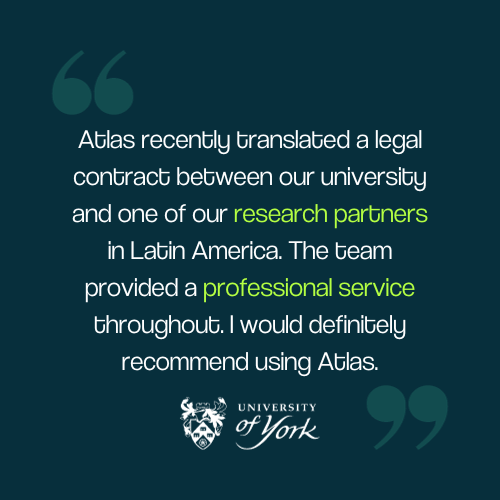
8️⃣ Keep Emotions Out of the Interpretation
Speaking of emotion, we’re not Vulcans. Humans are human, and in nearly all industries, there are times when business discussions can become heated. It’s essential to remember that an interpreter’s role is to translate the words, not the emotions behind them.
Prior to the interpretation beginning, ask your interpreter to focus strictly on the facts being communicated to maintain professionalism, especially in sensitive negotiations.
Example: In a high-stakes business negotiation, a manager notices the interpreter adding emphasis to emotional statements. The manager calls for a break and gently reminds the interpreter to translate only the words, keeping the tone neutral to maintain a professional atmosphere.
9️⃣ Prepare for Sensitive Topics
Although emotions should be kept out of any interpreting project, it’s best practice to let your interpreter know beforehand if the subject is controversial or delicate.
This should ideally happen at the time of booking the interpreter, as opposed to on their arrival. Upfront knowledge will allow them time to mentally prepare and make sure the conversation flows smoothly without causing discomfort. Discussing any safety concerns should also be high on your agenda as you book and prep your interpreter.
You should also clarify to any persons present that sensitive opinions belong to the subject being discussed and interpreted, not the interpreter.
Example: An energy company discussing potential environmental upheavals with an international construction partner understands that the topic is controversial and that protesters could be present. They inform the interpreter in advance about the potential for an uncomfortable presentation. This allows the interpreter to be ready to handle the interpretation with professionalism.
🔟 Utilise On-Demand Interpreting for Real-Time Support
Atlas Translations’ On-Demand Interpreting service offers businesses quick access to professional interpreters, no matter the time or location.
This is particularly useful for last-minute meetings, unexpected negotiations, or emergency discussions that require immediate, real-time language support. On-Demand Interpreting makes sure your business remains agile and responsive in a global market.
Example: A financial firm is tapped to enter into a sudden and unplanned meeting regarding an important merger negotiation with an international client. With Atlas Translations’ On-Demand Interpreting service, they secure an interpreter within minutes, ensuring the negotiation proceeds without delay.
We’d Love to Hear From You!
You can call us on +44 (0)1727 812 725 or email team@atlas-translations.co.uk. We respond quickly to all enquiries and are always happy to chat about your needs.
If you’d like to visit us in person to learn more about our services or to drop off documents, just give us a call or email us to arrange a time.

The A-Team (back row: Anna, Jim, Alex, and Rhys; front row: Clare, Steffi, Joanna, and Amy)
During UK working hours, you can also use our Live Chat option (bottom right of the screen). You’ll always be connected with a real person, not a bot!
And if you need a fast estimate, our Get a Quote button at the top of the website makes it easy.
Can I Trust Atlas Translations?
Atlas Translations is certified to ISO 9001:2015 (Quality Management) and ISO 17100:2017 (Translation Services) standards. For super secret squirrel confidential projects, we’re happy to sign a non-disclosure agreement (NDA).
We’ve been registered with the Information Commissioner’s Office (ICO) for over 20 years, reflecting our long-standing commitment to privacy and data protection.
We’re proud to provide fast, friendly, high-quality services—but don’t just take our word for it. Check out our client testimonials and TrustPilot reviews.
Global Voice, Local Touch
If you’re looking for some (more) top tips for partnering with Atlas Translations, we have oodles of top tips to share!
We answer 25 of our clients’ most frequently asked questions, ranging from typesetting queries to discussing reference materials.
Click to download Global Voice, Local Touch
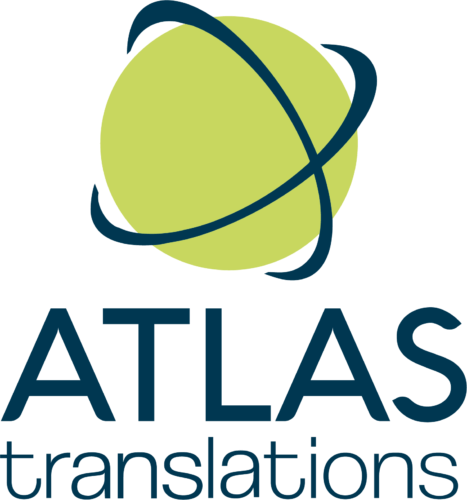
This article was originally published on October 22, 2024.














